Energy is in the crosshairs. "I haven't worried about the server room until now, but now I'm starting to."

- CSIRE is expected to pave the way for dynamic tariffs and easier switching of energy suppliers, but without customer education, the system may remain a tool for enthusiasts, said participants of the "Digitalization and Cybersecurity" panel during the Energy Days conference in Katowice.
- Data standardization is the biggest advantage of the new system, although the use of information is limited by GDPR regulations and growing cybersecurity risks.
- Energy storage, energy cooperatives and new technologies can make CSIRE a foundation for innovative services for consumers and businesses.
- Today is the second day of the Energy Days and PRECOP conferences in Katowice, filled with debates on energy, energy transformation and climate protection.
The Central Energy Market Information System (CSIRE) is intended to be one of the pillars of the Polish energy sector's transformation. Panelists agreed that the system has the potential to transform the market, but they also pointed to barriers: a lack of customer education, legal restrictions, and the need to supplement it with additional infrastructure.
Without education, even the best system will not bring benefits- CSIRE is an opportunity for the electricity market - assured Beata Mycer, Executive Director for IT and Digitalization at Tauron Polska Energia.
She argued that the system will benefit customers most by providing them with a tool that allows them to tailor their tariffs to their needs. "We can have great solutions, but an unaware customer won't be able to take advantage of them," she added.
She also noted that Tauron already settles a small portion of its customers using CSIRE.
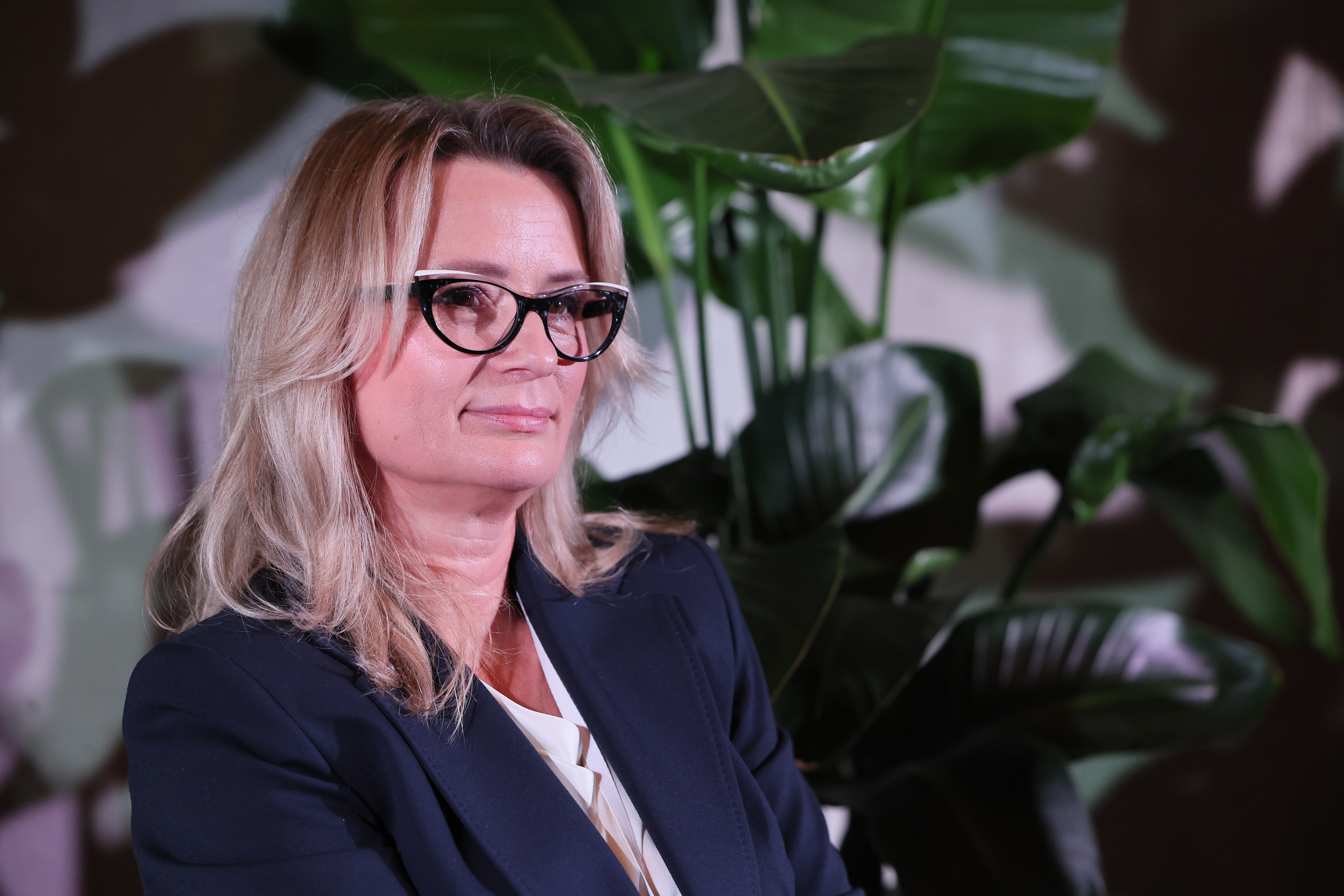
Not everyone shared her optimism, however. " Customers won't notice the changes for a long time unless more pieces of this energy puzzle emerge, " retorted Grzegorz Nowaczewski, CEO of Virtual Power Plant.
Tomasz Bendlewski, Vice President of Asseco Poland, continued the discussion. "We should answer the question of whether CSIRE can be a gamechanger in the energy market," he said.
In his opinion, the system, properly implemented and supplemented with measures such as deregulation, will meet many of its goals, but we shouldn't expect too much from it, as it contains historical data and doesn't allow for real-time management . "This data will have to be obtained from elsewhere," he said.
Bendlewski also noted that one of the key effects of the implementation is data standardization. "If we don't standardize the data, many of these systems won't be able to function," he noted.
Tomasz Kurdelski, CEO of Ebicom, highlighted the issue of switching energy suppliers. "If we don't educate the customer, it will be a job for enthusiasts," he said, emphasizing that mass changes of operators are unlikely. "Businesses will move towards dynamic tariffs," he added.
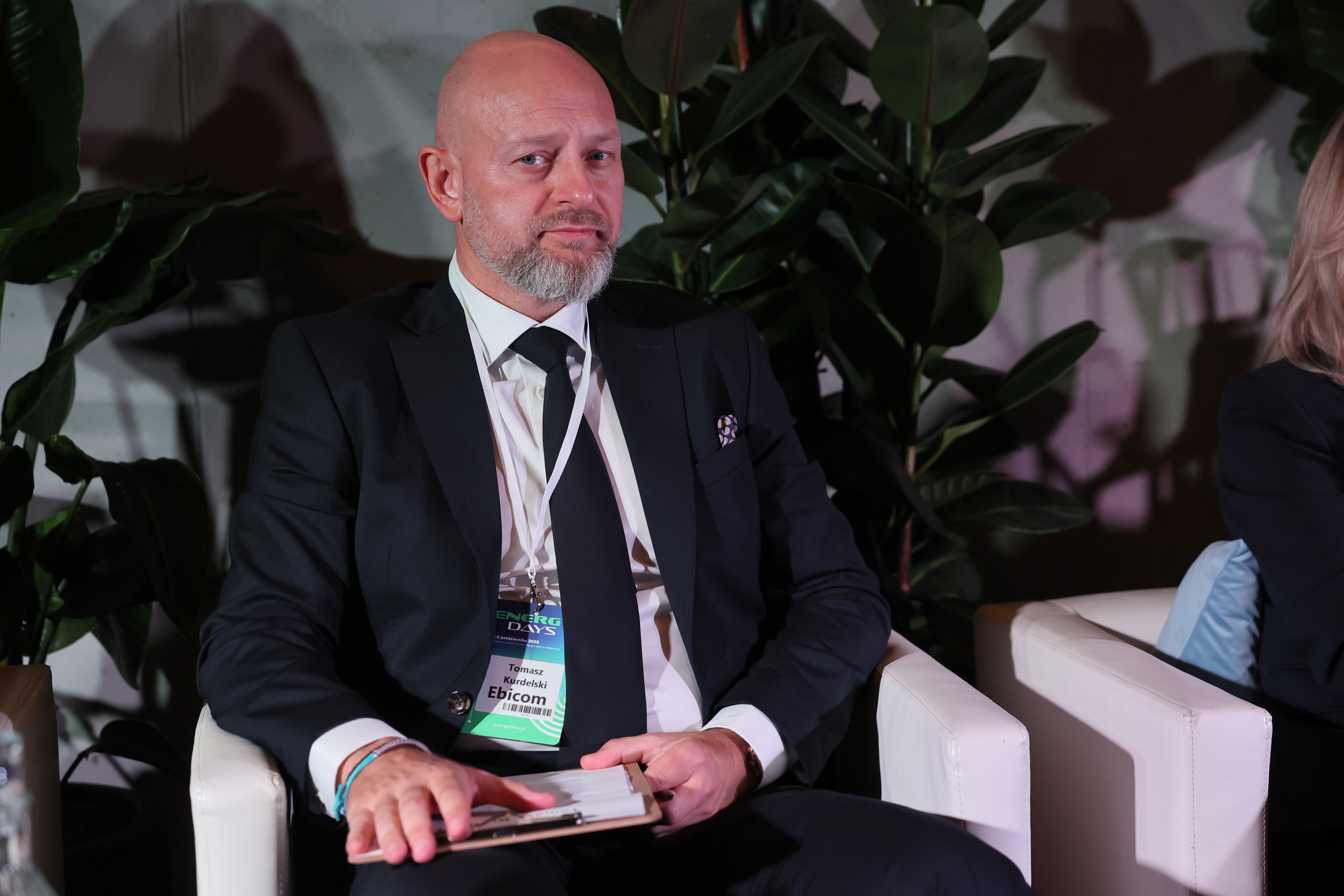
Przemysław Brzywcy, CEO of Polenergia Fotowoltaika, presented a different set of challenges and opportunities. "Being in a hurry, driving our kids to school, we don't have time to monitor how much electricity we use and change our habits. Technology is a huge help here," he said.
He pointed to the importance of energy storage facilities that can be charged at negative electricity prices, and the development of energy cooperatives.
"We have already established dozens of energy cooperatives that enable local balancing between users. CSIRE is an element of hygiene. It allows us to develop new, customer-friendly solutions," he emphasized.
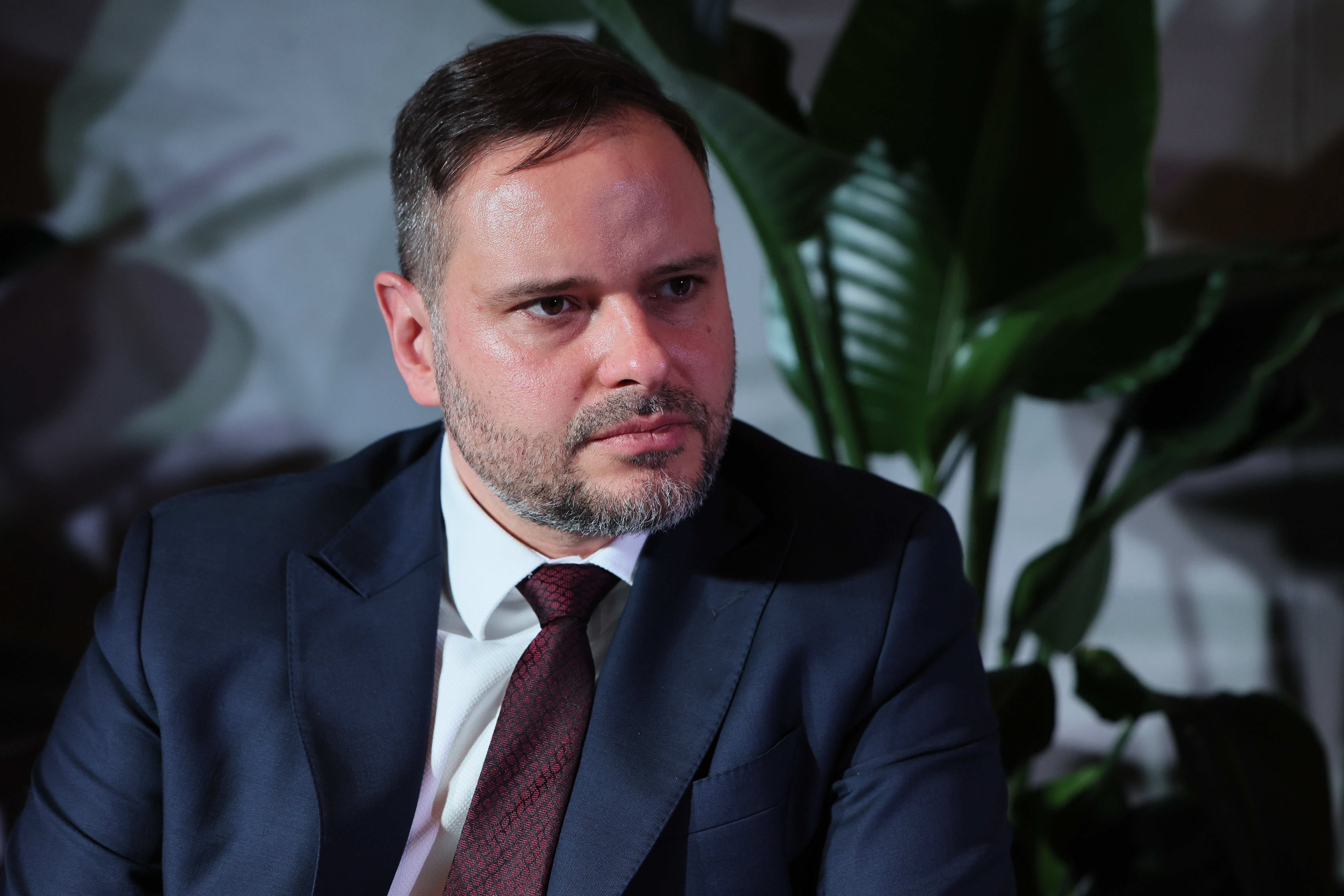
Bendlewski continued the topic of data, noting that GDPR hinders its reuse. Panel moderator Piotr Ciepiela, EY partner and EMEIA cybersecurity team leader, reminded the audience that energy consumption information reveals details about customers' lives. "For example, we know what hours someone is home, and even when they turn on certain devices. On the one hand, we want flexibility, but on the other, it requires the release of this data," he said.
Later in the discussion, Nowaczewski spoke again. "The most important question is how to manage the entire process: from energy production to consumption across larger areas," he noted.
Brzywca added that it's difficult to explain the value of energy storage to customers, especially when "neighbors have a lot of photovoltaic panels on their roofs." "When we propose solutions, we try to balance photovoltaics and storage," he explained.
"Until now, we haven't been on the state terrorism radar." Change has come.Adam Olszewski, director of strategic cybersecurity projects at Transition Technologies – Systems, spoke about the challenges related to investment security. He emphasized the lack of specialists and the need to engage consultants. "There's a lack of defined expectations for how this will end. There aren't enough specialists to handle all projects . We encourage the employment of consultants," he pointed out.
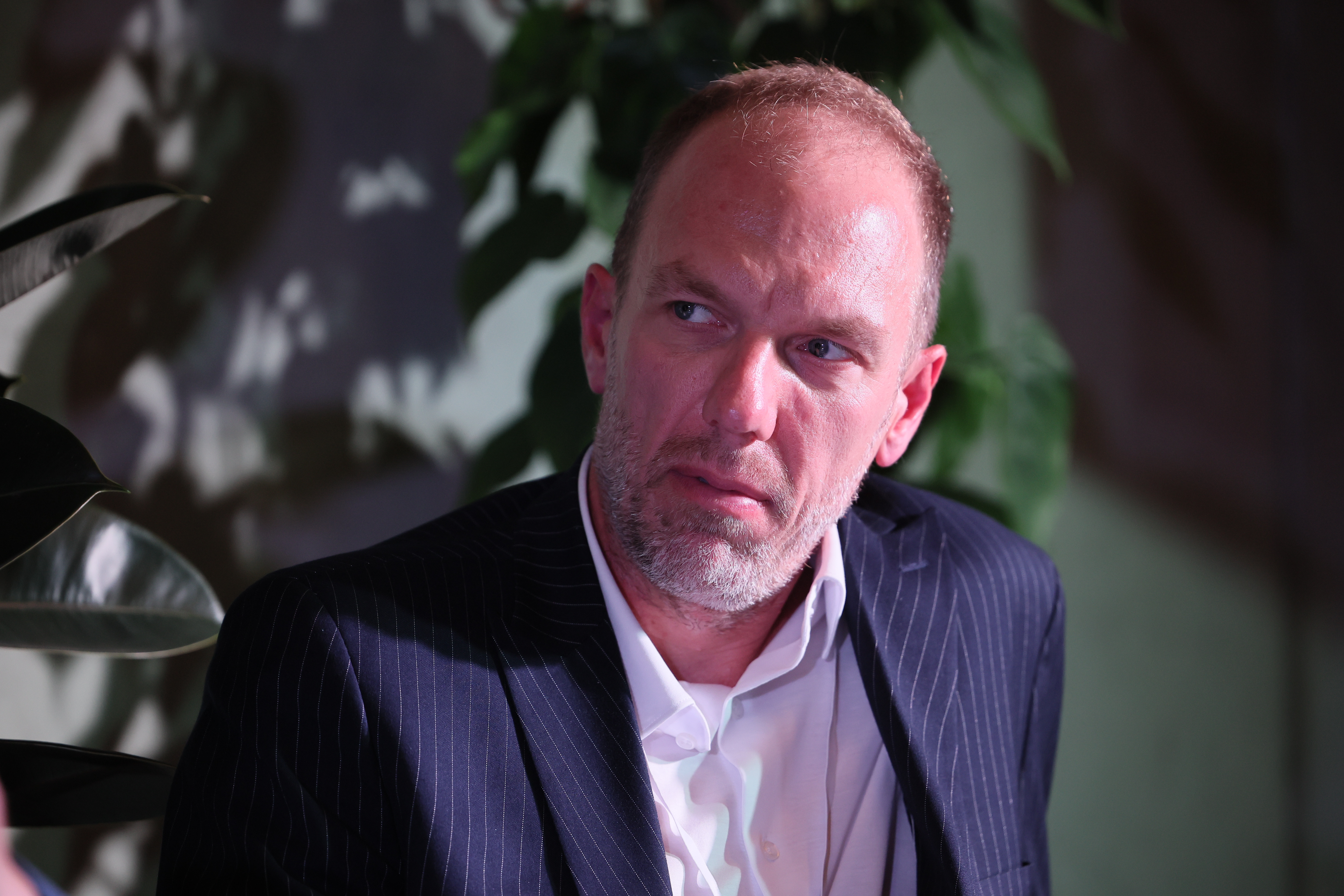
Roman Bratek, director of the Cybersecurity and ICT Corporate Architecture Office at PGE Polska Grupa Energetyczna, also drew attention to cybersecurity issues.
"Until now, we haven't been on the radar of state terrorism, which, if it wants to get in somewhere, will get in because it has the money. New factors have emerged that we hadn't considered. One is drones and physical attacks on our infrastructure. Until now, I wasn't worried about our server room, but now I'm starting to worry. The second is sabotage. If you bribe the administrator, they'll let anyone in," he warned.
He added that artificial intelligence is also a new factor. "I haven't heard of any successful AI attacks on systems yet, but this is undoubtedly a factor that will significantly change the cybersecurity landscape," Bratek said.
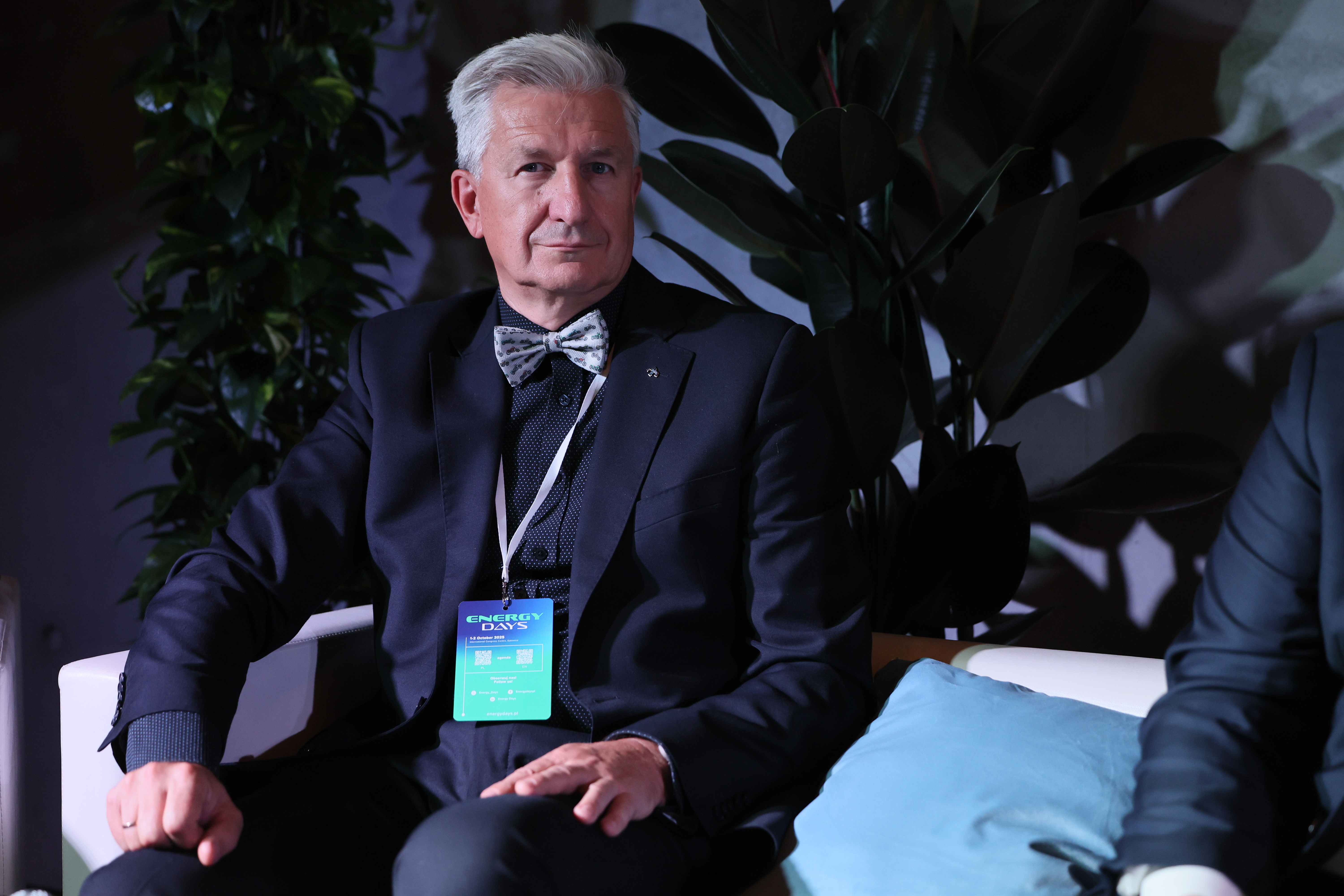
Olszewski pointed out that cybercriminals are currently attacking smaller suppliers in the supply chain. "They're trying to reach us from the bottom up, from companies participating in projects, as cyber project contractors. A gas power plant that hasn't even been built yet, and someone is already interested in the plans for how it will be operated," he emphasized.
Beata Mycer reminded us that the weakest link is always the human element. "We must remember this, especially in these times," she concluded. "In critical situations, we act on emotions. I encourage companies to conduct simulations."
Tomasz Bendlewski linked the cybersecurity discussion with CSIRE. "Imagine a system with billions of pieces of data, without which electricity bills cannot be issued. If I were a hacker, this would be the perfect place to attack it," he concluded.
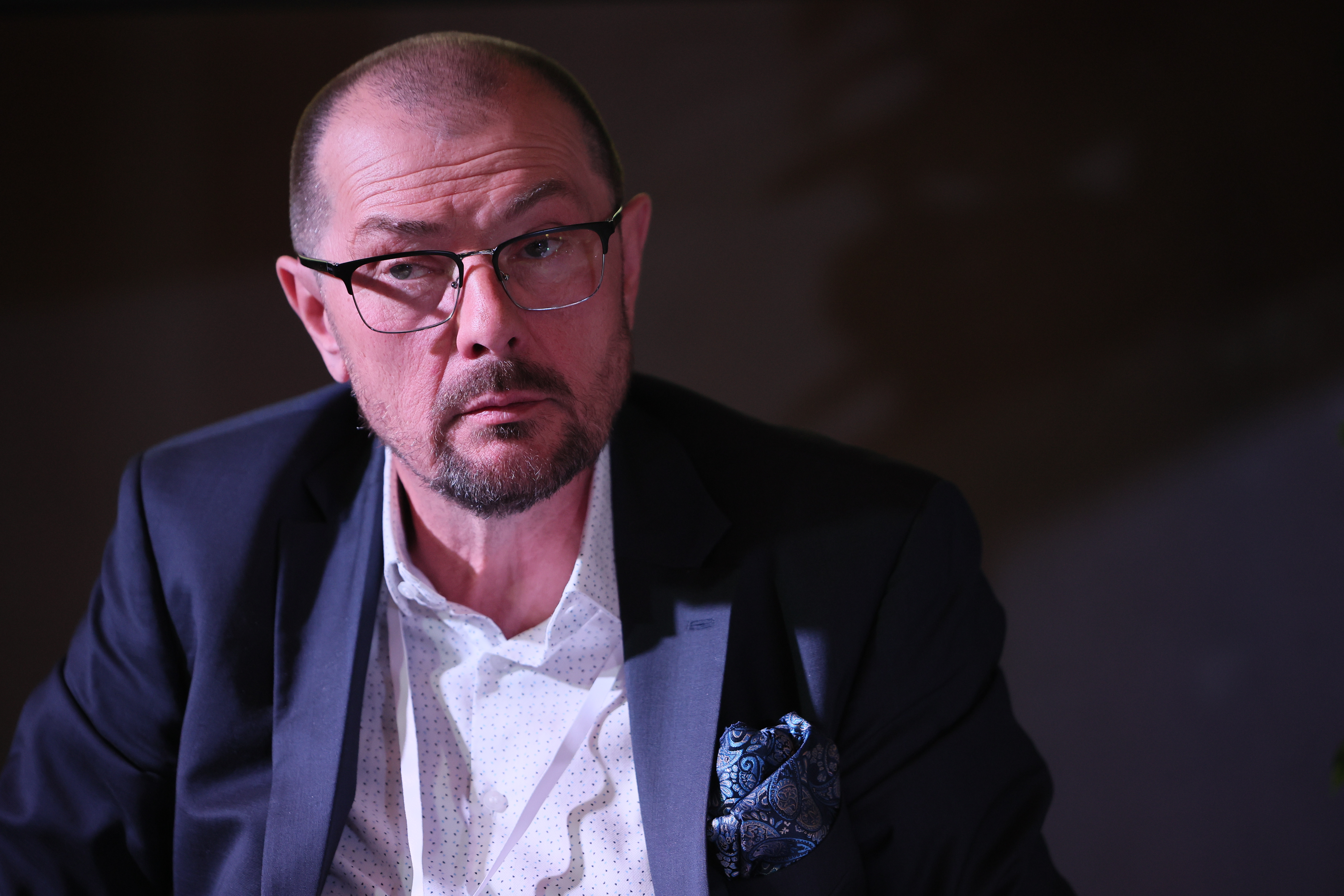
wnp.pl





